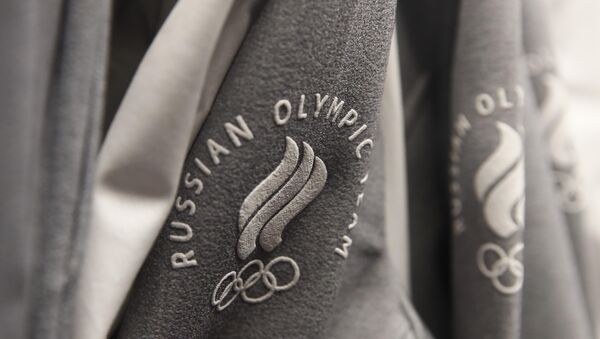At the same time, the temporary suspension of the Russian Olympic Committee (ROC) will be lifted shortly after the Games, the insidethegames.biz media outlet added.
Also, the International Olympic Committee (IOC) commission has acknowledged that anti-doping rules violations (ADRV) committed by Russian athletes during the 2018 Winter Olympics were individual cases and did not show any pattern of organized doping activity, according to Olympic Athlete from Russia Implementation Group (OAR IG) Chair Nicole Hoevertsz.
Russian bobsledder Nadezhda Sergeeva and curler Aleksandr Krushelnitckii were previously tested positive for doping at the 2018 Winter Olympics.
“Based on the results available, the noted that these ADRVs were individual and isolated cases that did not show a pattern of systematic and organized doping activity,” Hoevertsz told the IOC session.
She noted that the positive cooperation of Krushelnitckii and OAR “made it possible for the medals to be re-allocated during the Games.”
In December, the International Olympic Committee suspended ROC over an alleged "systemic manipulation" of the anti-doping system in Russia. The allegations have been denied by the Russian authorities. The IOC said that it would allow only "clean" athletes to compete in the 2018 Olympics under a neutral flag as Olympic Athletes from Russia.
Only 169 Russian athletes were invited to compete in the Winter Olympic games with CAS dismissing appeals filed by dozens of Russian athletes who were not invited to the games.
The 2018 Winter Olympic Games started on February 9 with the opening ceremony and are to end on the 25th of February.


